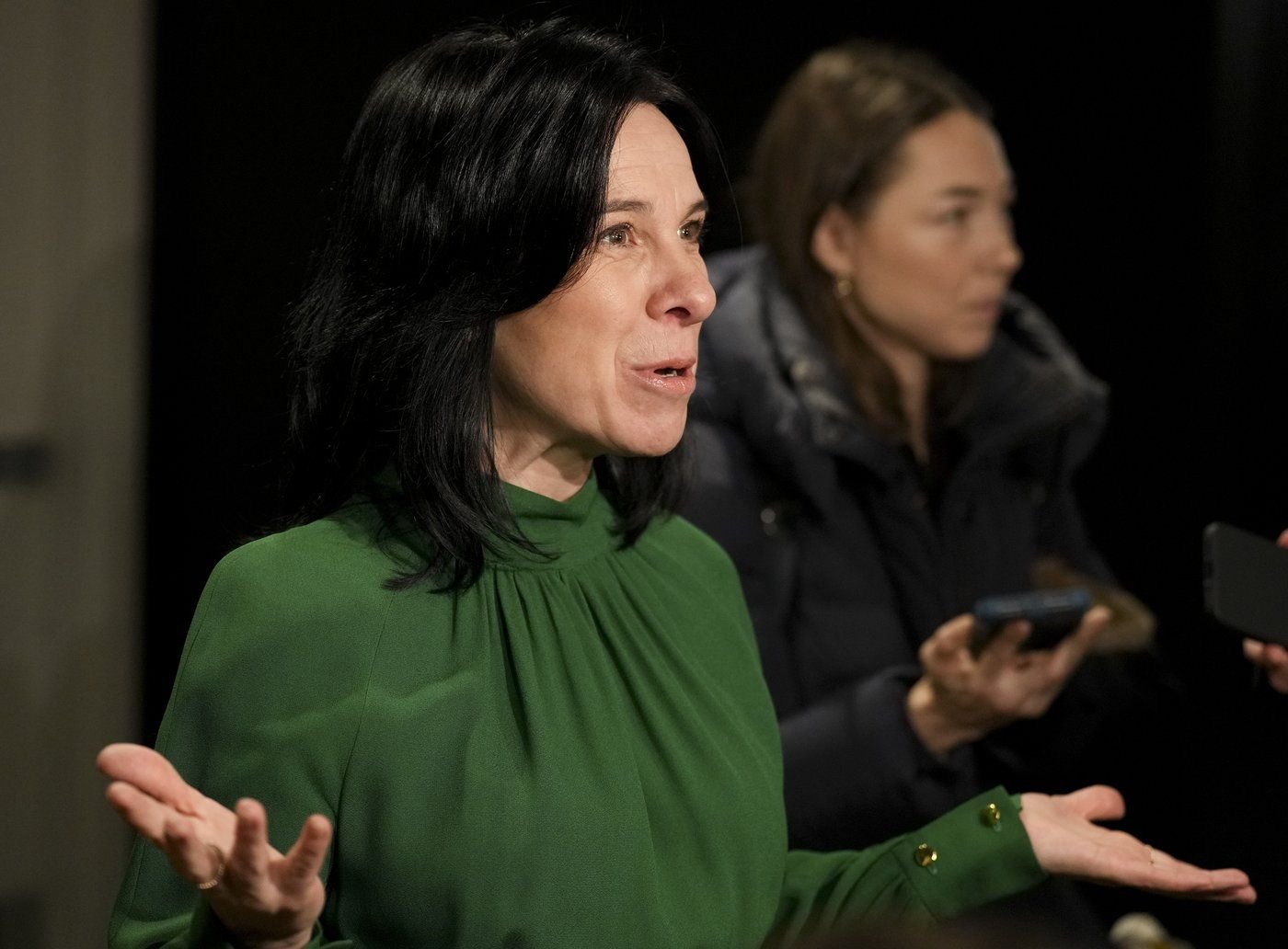But Salem said elected officials have an obligation to engage with their constituents. He said Plante could deal with online harassment by blocking individual accounts or reporting them to the police. “When we decide to be public figures, that goes with the position,” he said. “When we want to be representative of the population, we have to be representative of the whole population.”
Anaïs Bussières McNicoll, director of the fundamental freedoms program at the Canadian Civil Liberties Association, said a “blanket prohibition on comment” is an unreasonable limitation of people’s freedom of expression. Instead, she said, elected officials should evaluate inappropriate comments on a case-by-case basis.
“I would say that elected officials with significant resources shouldn’t have their cake and eat it too,” she said. “In that if they choose to have access to and to use social media platforms in the context of their public work, they should also accept that their constituents might want to comment on their work on that very public platform.”



That’s a bit of hair splitting and likely largely based on right wing grievance talking points. “Expression” covers speech and other forms of message delivery and is a very Canadian way to say the same thing.
Fair enough